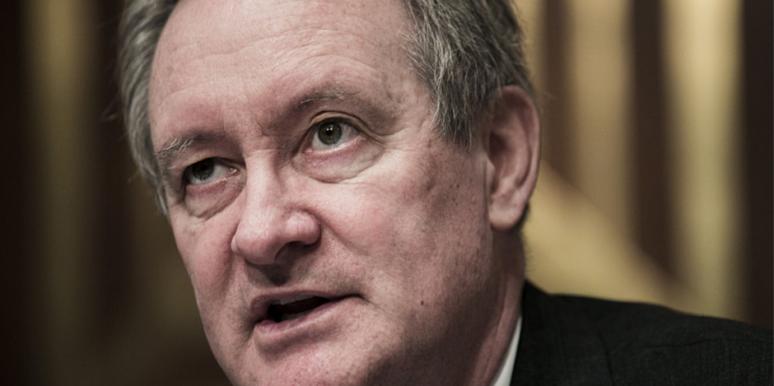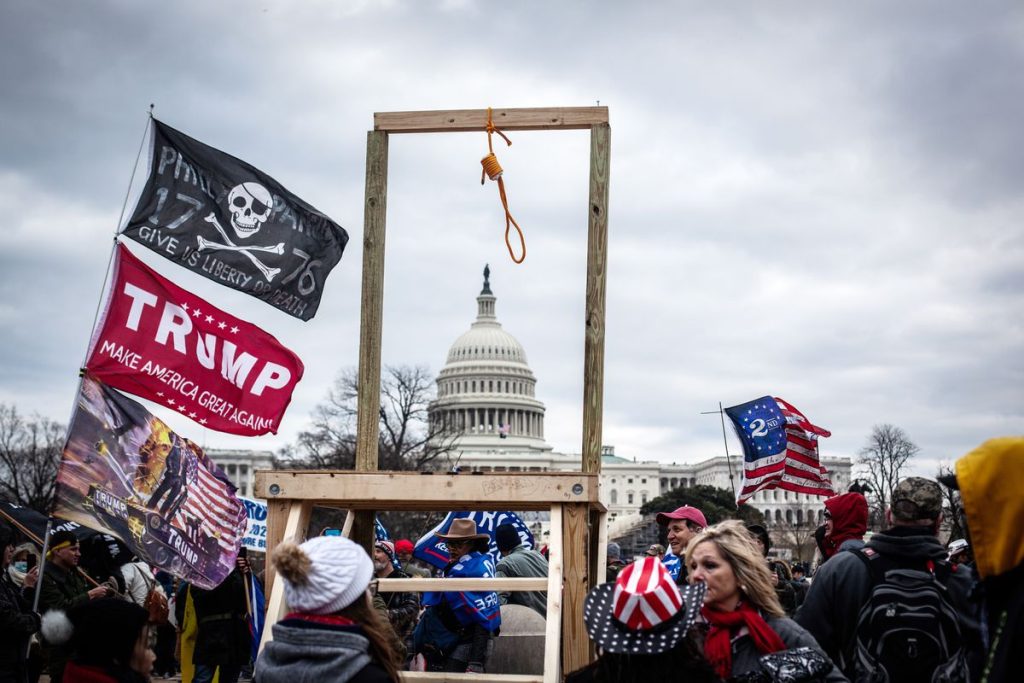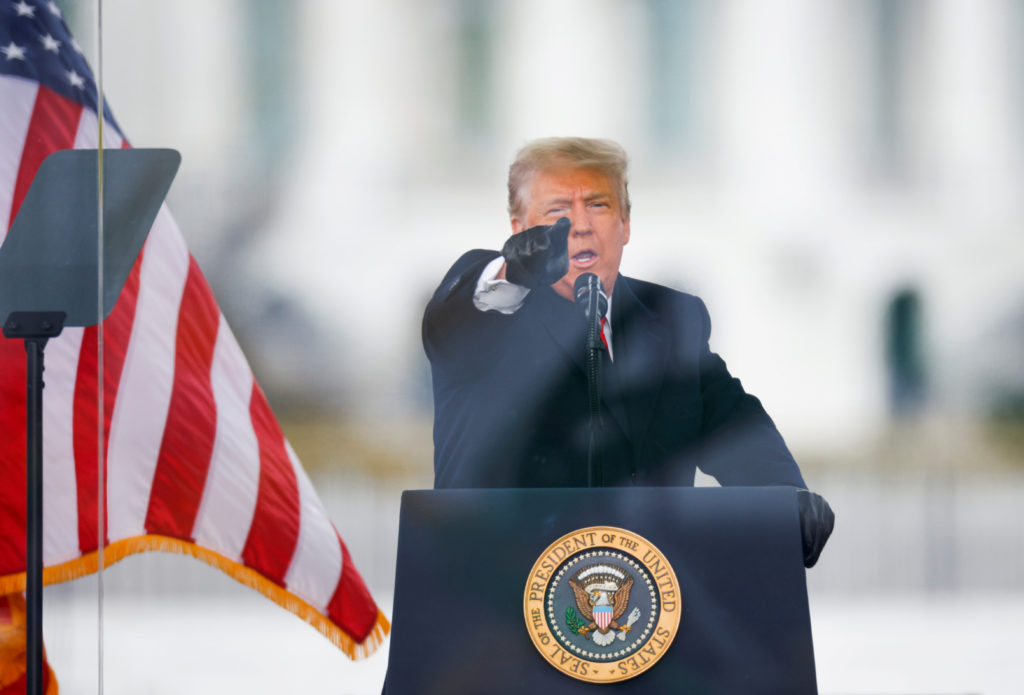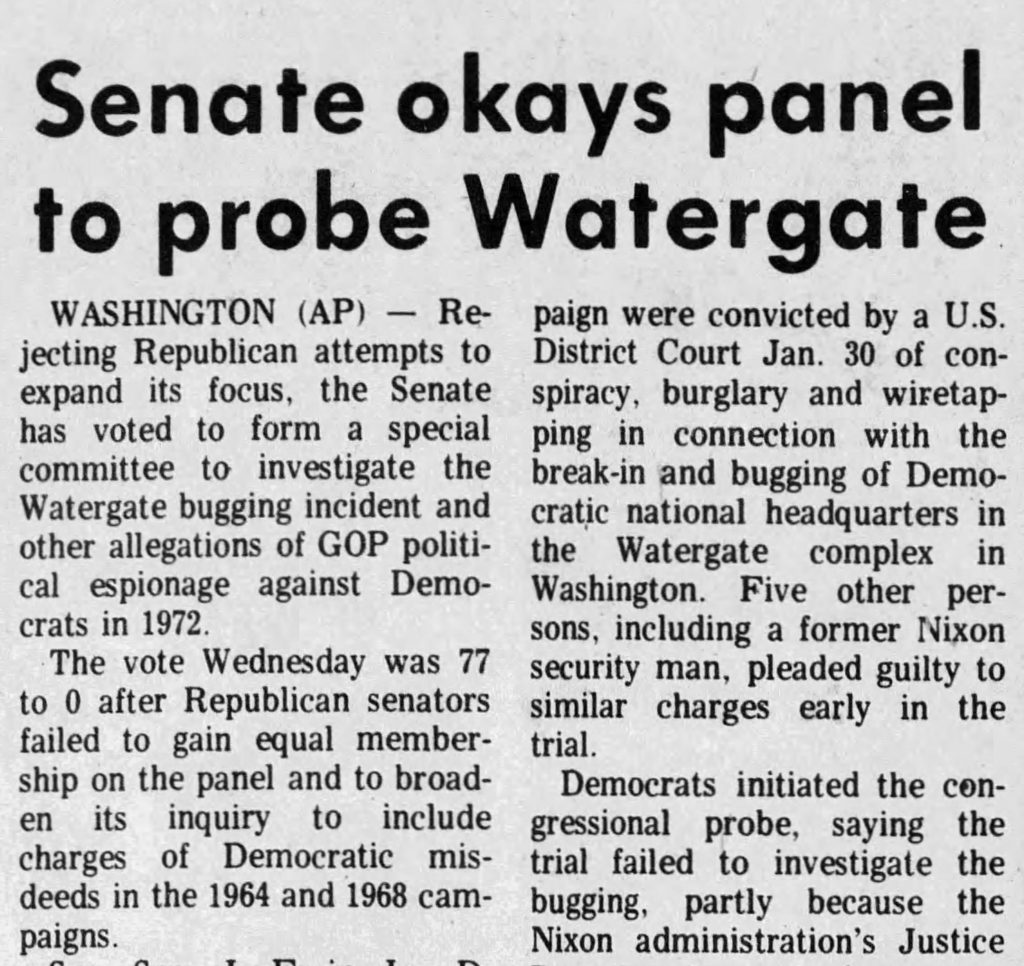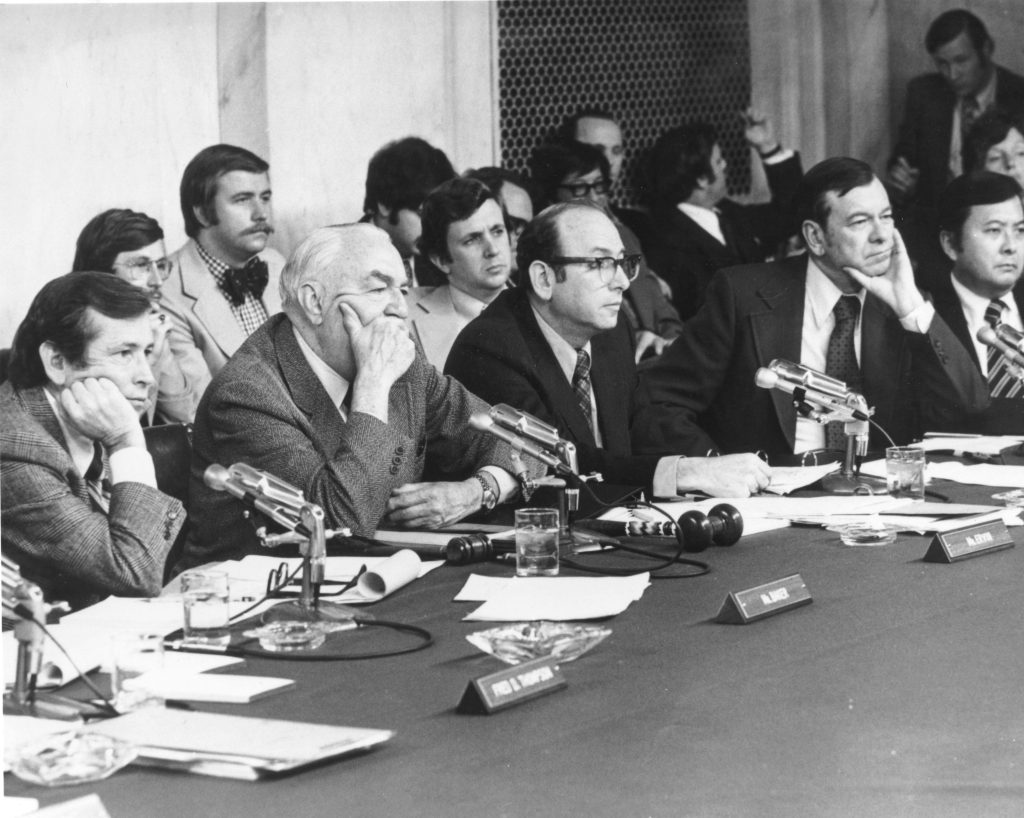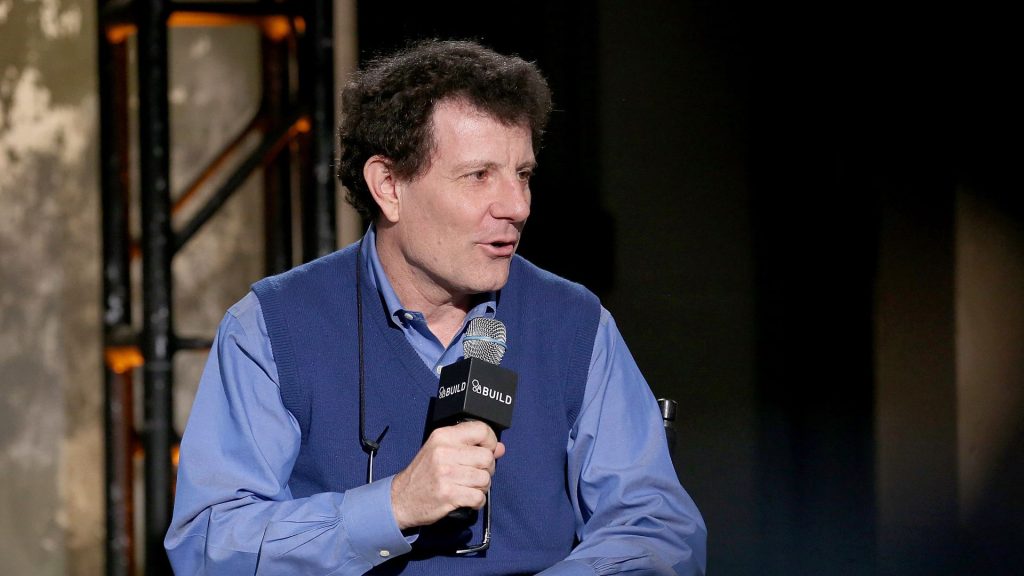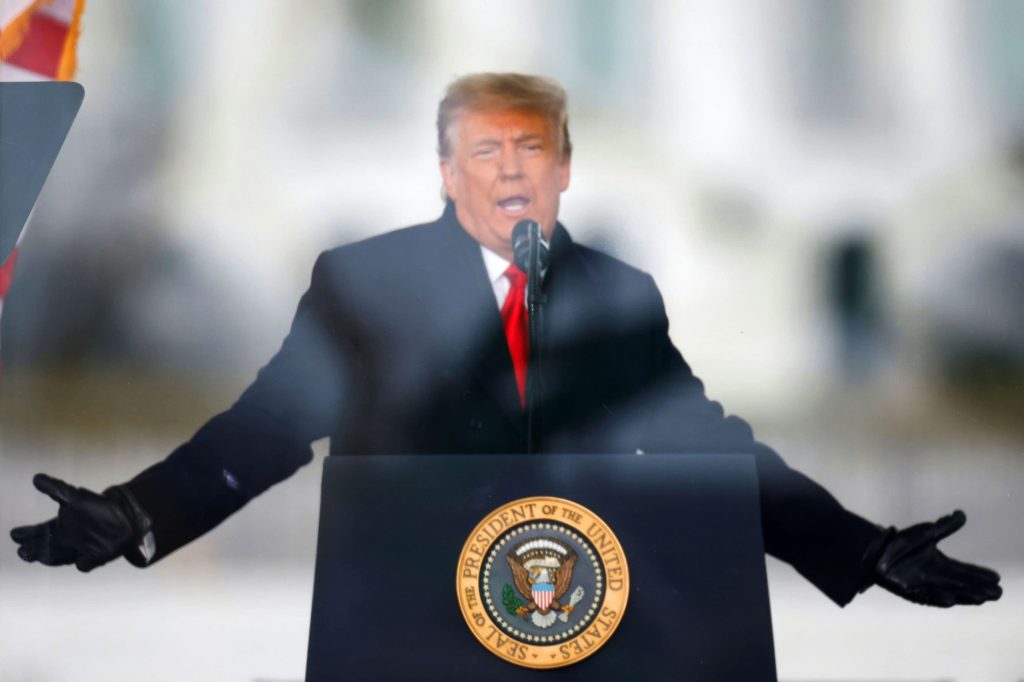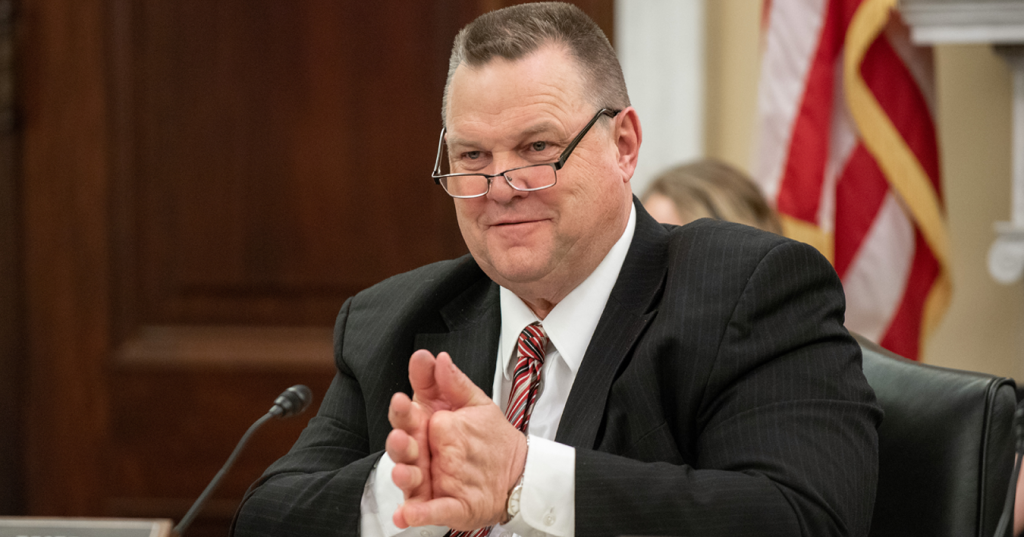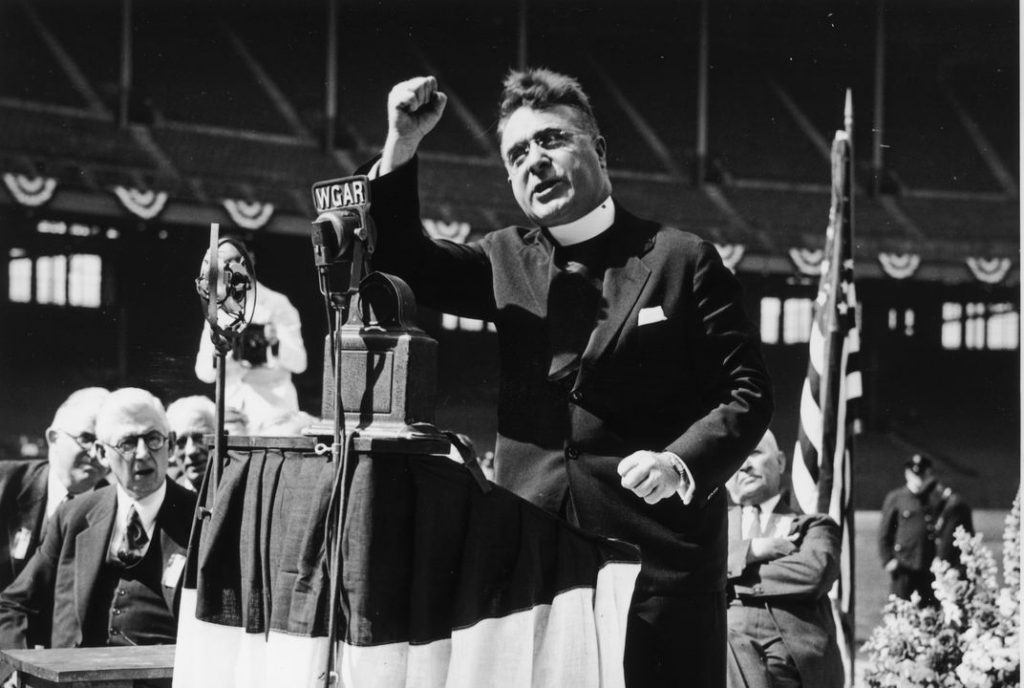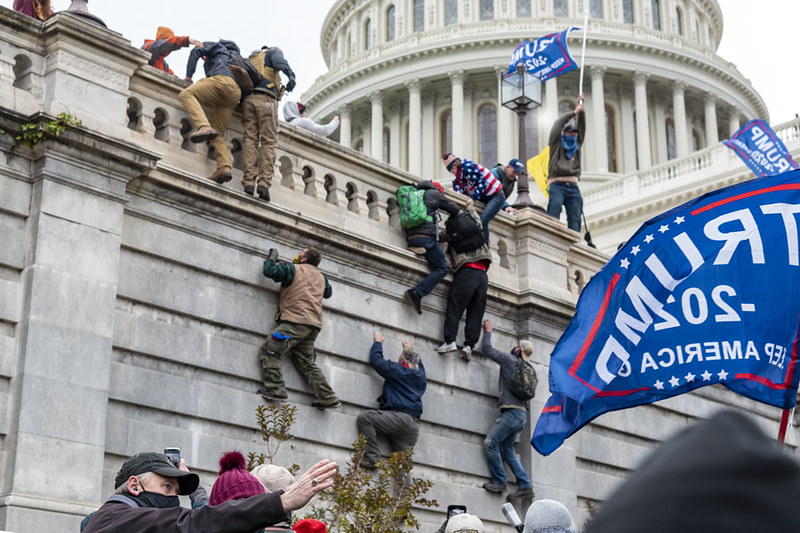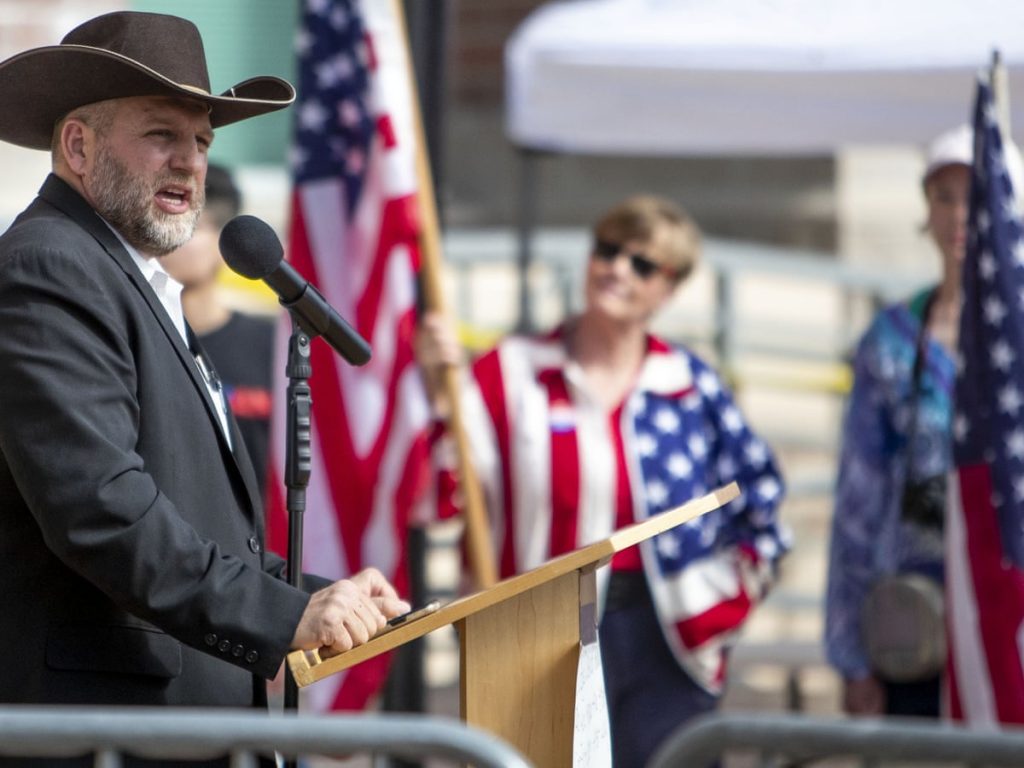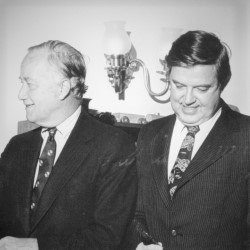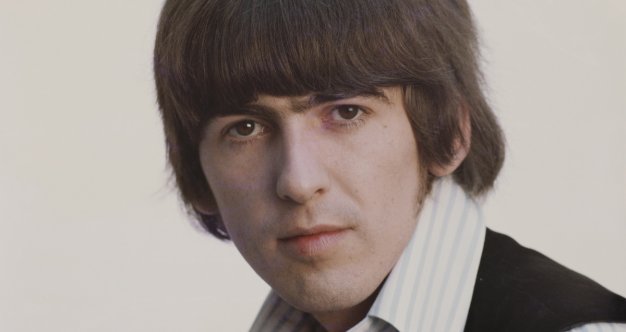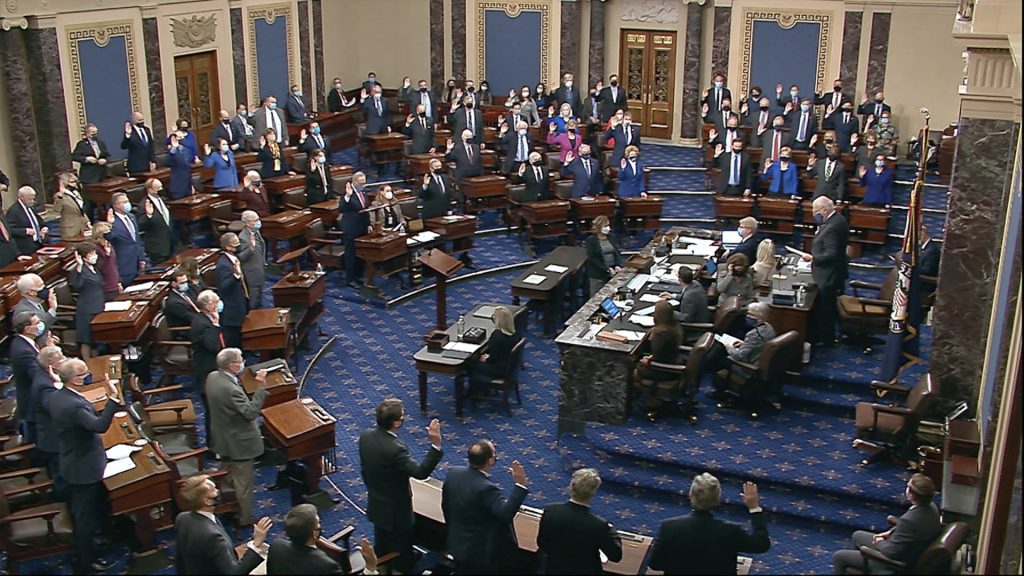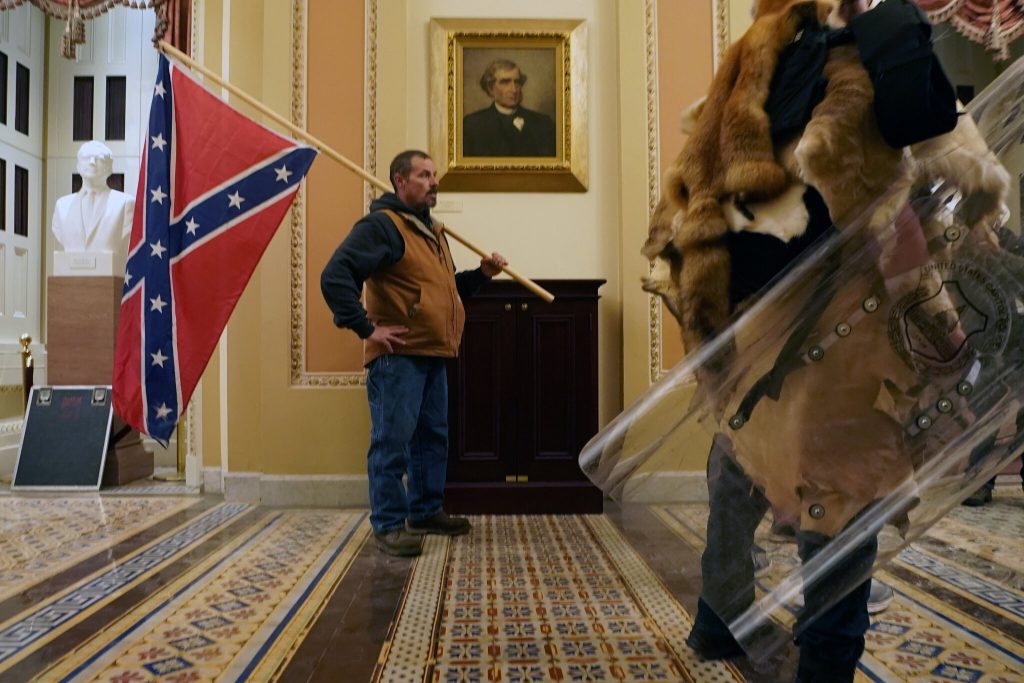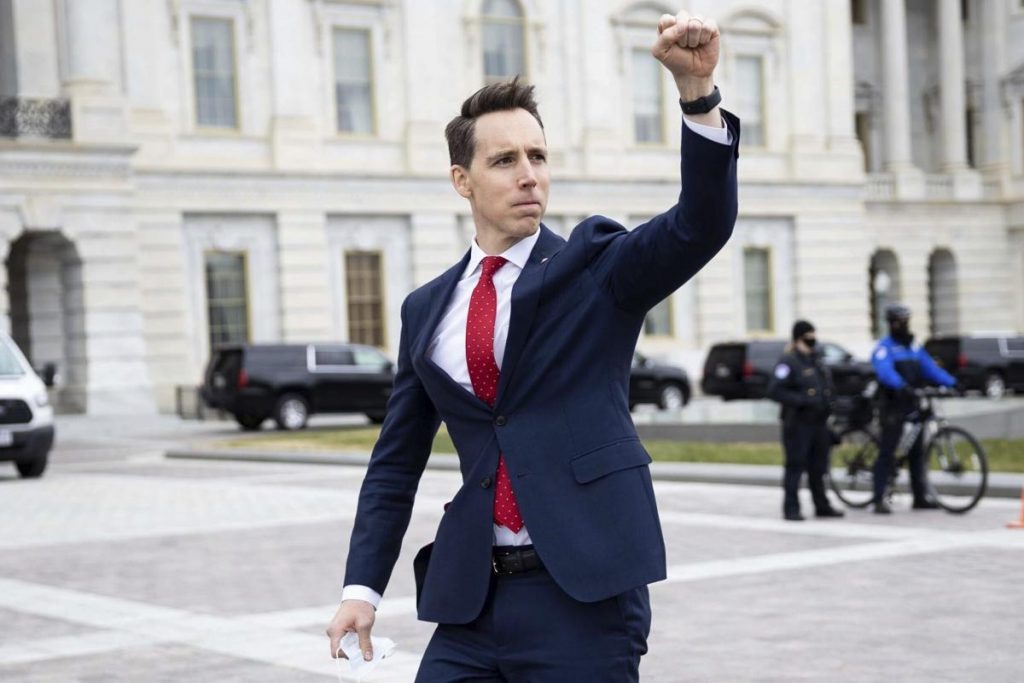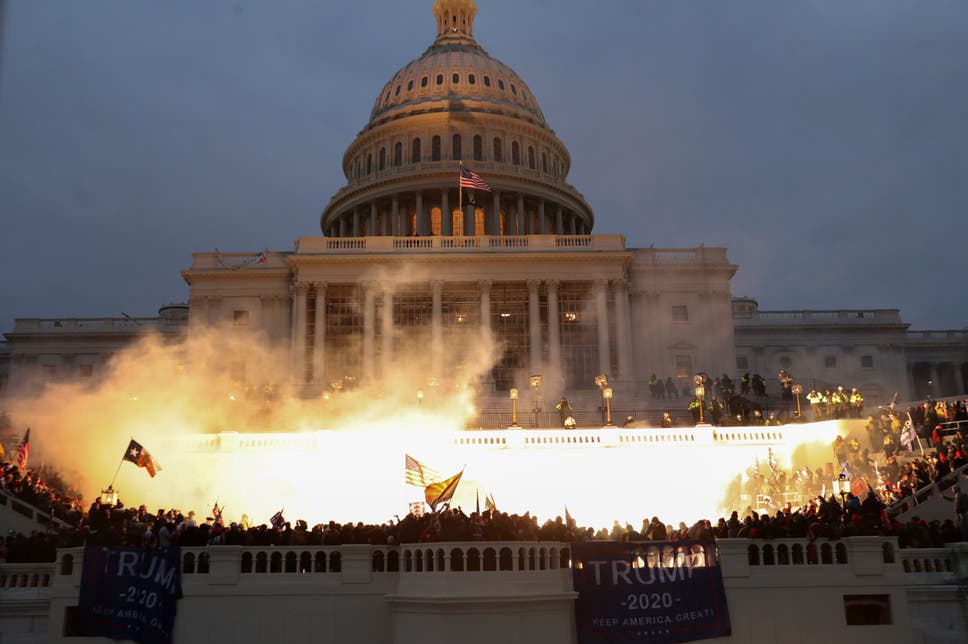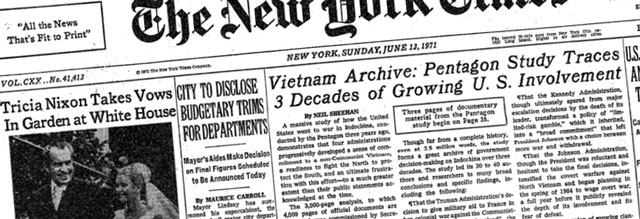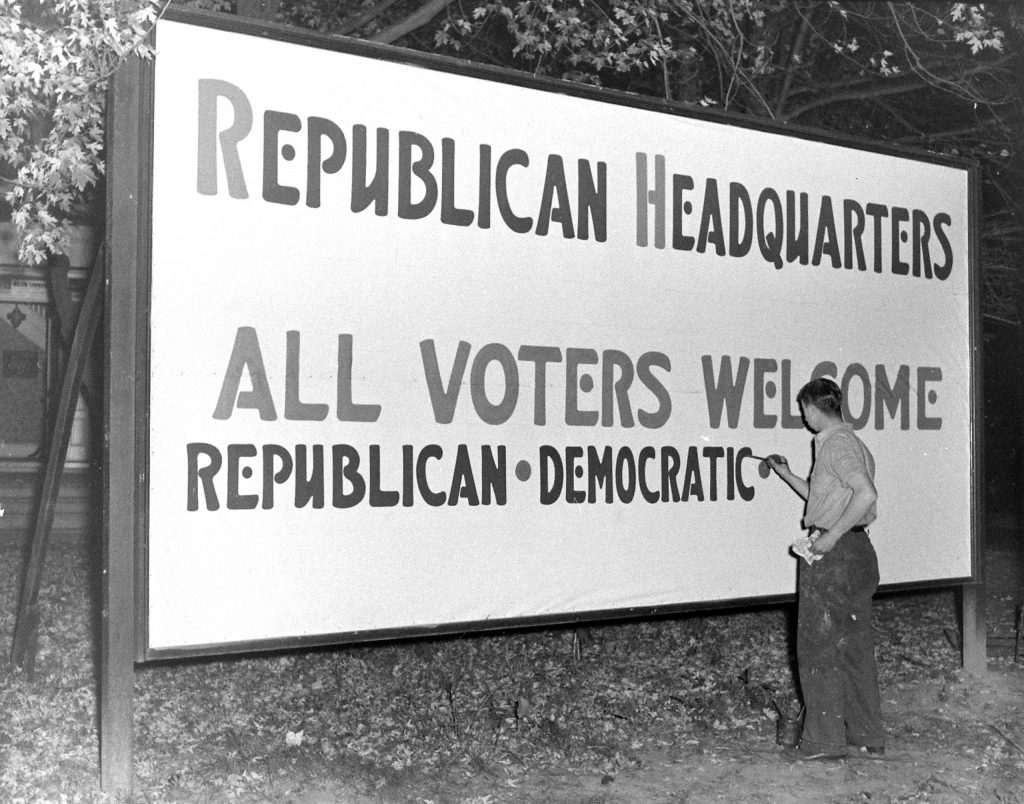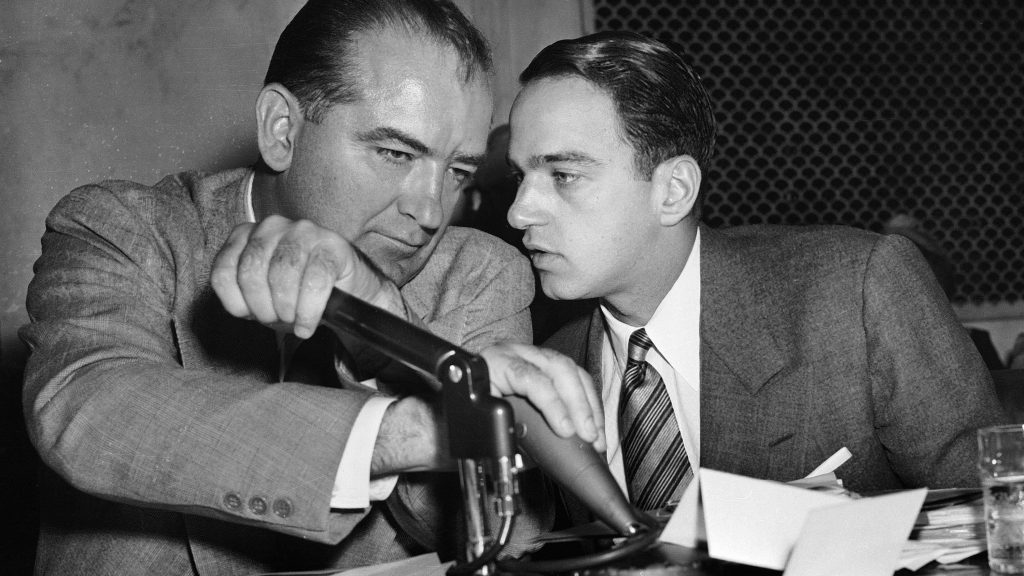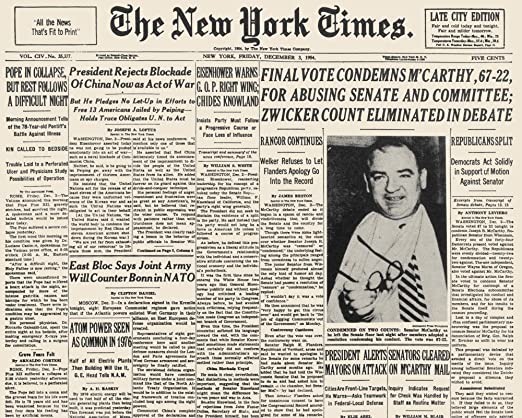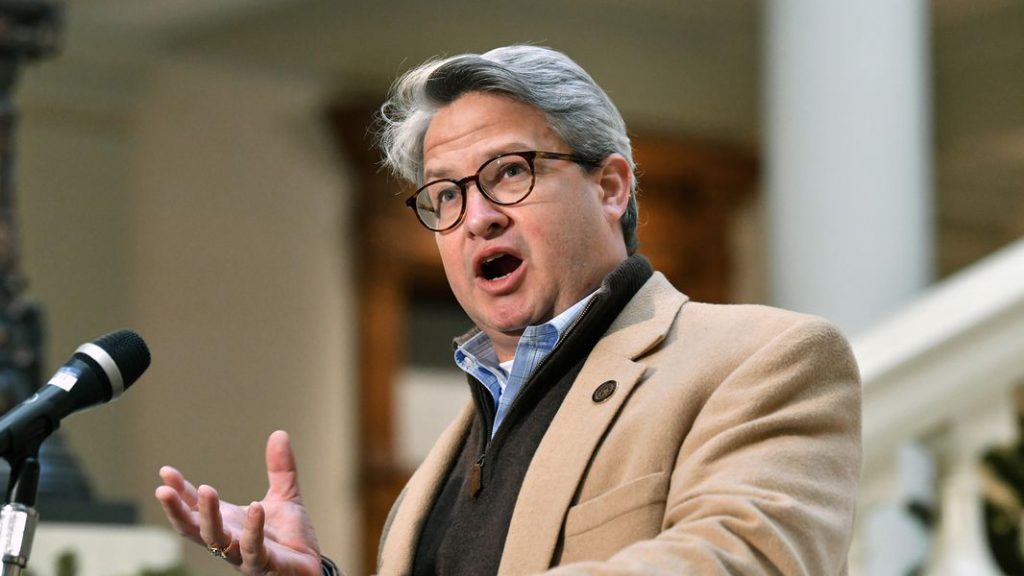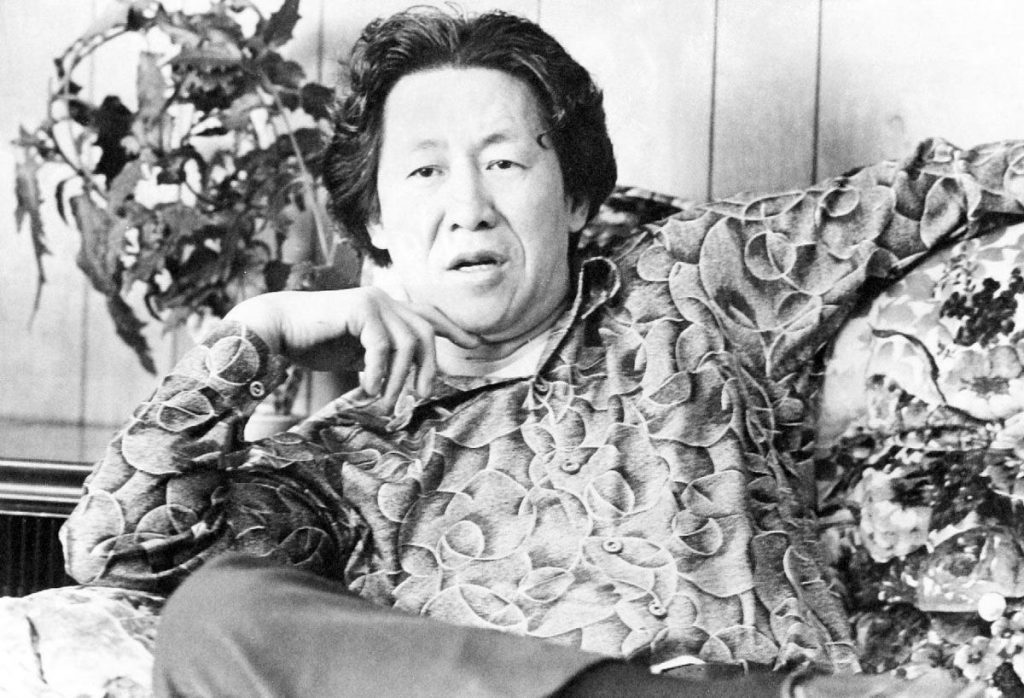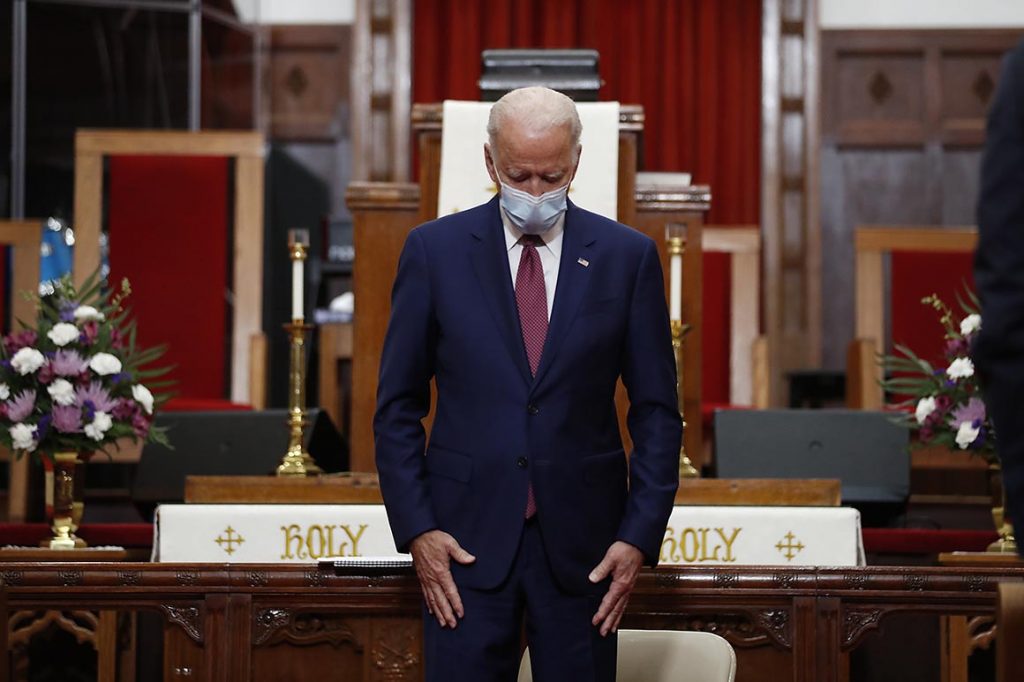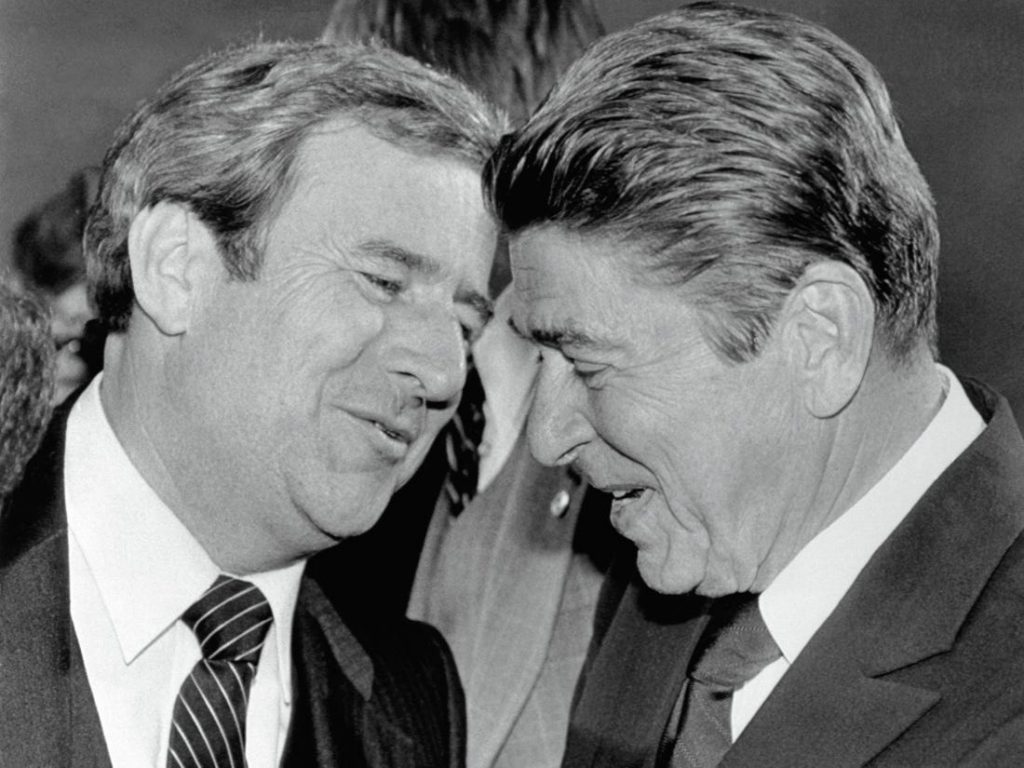Brace yourself.
In the next few months, perhaps even weeks, a former president of the United States is going to be indicted, charged with serious crimes that almost certainly will shake the fragile foundations of American democracy.
To date speculation about charges against Donald J. Trump, the 45th American president, have been largely taking place among legal and Constitutional scholars who watch every development as it unfolds amid the long threads of Trump’s legal exposure. But now the reality of what is likely to happen is increasingly in plain view. The man’s own words – Trump never hides what he’s really thinking or worried about – betray the peril he faces.
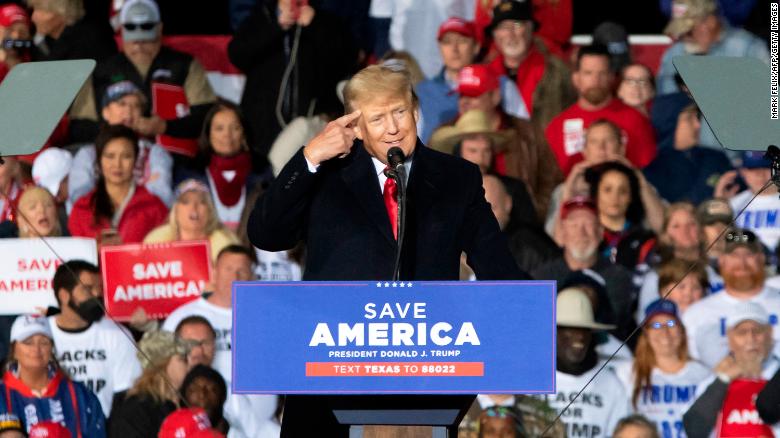
Trump is committing a type of obstruction in public. During a typically rambling, grievance laced performance in Texas recently, the former president was clear about two things. He read these lines straight off the teleprompter.
“If these radical, vicious racist prosecutors do anything wrong or illegal, I hope we are going to have in this country the biggest protest we have ever had … in Washington, D.C., in New York, in Atlanta, and elsewhere because our country and our elections are corrupt.”
And this: “If I run and I win, we will treat those people from January 6 fairly,” Trump said, and then underscoring his intentions “And if it requires pardons, we will give them pardons because they are being treated so unfairly.”
Will Bunch, a practiced Trump watcher who writes for the Philadelphia Inquirer, called it one of the “most incendiary and most dangerous speeches in America’s 246-year history.” He is not wrong.
In a few words, Trump was signaling again that those not cooperating with investigations into his incitement of an insurrectionist mob on January 6, people like former White House chief of staff Mark Meadows and former Trump adviser Steve Bannon, should hang tough. He’ll pardon them when he’s back in power. And that promise has particular influence. Trump’s done it before.
Even more astounding – and more dangerous – Trump is broadcasting to his most committed followers that any effort to hold him to account will be met by protests, and likely violence. There is simply no parallel in American history for a former president to behave in such a reckless, lawless fashion. This is not normal.
As Harry Litman, a former top Justice Department official and now a law professor, wrote in the Los Angeles Times: “Under Justice Department prosecution standards, just the publicly available evidence is sufficient to bring an indictment against Trump for the federal crime of obstruction or impeding an official proceeding – in this case, Congress’ certification of a presidential election.”
Prosecutors in Georgia examining Trump’s efforts to intimidate that state’s election officials into “finding” the votes he needed to defeat Joe Biden immediately asked the FBI to assess the risks prosecutors face after Trump’s threat.
Litman goes on: “The guideline for federal prosecutors specify that prosecutors ‘should’ generally commence prosecution if two circumstances exist: first, the person’s conduct constitutes a federal offense – i.e. the prosecutor has determined that the defendant really is guilty and the prosecution is righteous – and second, the admissible evidence will ‘probably be sufficient’ to convict.”
We also know from extensive reporting, including on the record interviews, that Trump was actively involved in not only the events of January 6, but efforts before the Capitol attack to change the outcome of the election. And that word “change” is important because Trump and his defenders have peddled the fiction that he was just buying time to “investigate” alleged election irregularities. The trouble for Trump is there are no irregularities. Sixty unsuccessful lawsuits drive that point home conclusively.
Still, he sought to “change” the outcome. Trump tried to find a rationale to seize voting machines in several states, even going so far as to flirt with the idea of using the U.S. military to do the deed. He failed only because subordinates refused to follow through.
Former attorney general William Barr, long-time a Trump enabler, acknowledged to ABC’s Jonathan Karl that he eventually reached even his breaking point and quit. “My attitude was:” Barr told Karl for his book Betrayal: The Final Act of the Trump Show. “It was put-up or shut-up time. If there was evidence of fraud, I had no motive to suppress it. But my suspicion all the way along was that there was nothing there. It was all bullshit.”

Meanwhile, New York state officials are continuing a separate and long-running investigation into the Trump family’s business activities. Who knows what else is yet to come?
Brace yourself.
When the indictments come, when the charges are filed, the former president has already indicated what he will do. He’ll rally his troops, including the various militia groups that provided the organizational and physical muscle for January 6. He will insist that he is above any accountability, that the American judicial process is “rigged” against him and that his most armed, angry and grievance driven supporters – his brown shirts – must save the country.
The most committed Trumpists are clearly aware of what is unfolding. It is hardly a secret. The vast majority of Americans however, content to feast on insignificance like Tom Brady’s retirement or the host of Jeopardy, seem unaware of the danger ahead. The big lies about the election, Trump’s bluster and an endless pandemic have numbed us and exhausted us. Jeffrey Engel, the director of the Center for Presidential History at Southern Methodist University, says it well.
“I actually think the American public is dramatically underplaying how significant and dangerous this is,” Engel told the New York Times recently, “because we cannot process the basic truth of what we are learning about President Trump’s efforts – which is we’ve never had a president before who fundamentally placed his own personal interests above the nation’s.”
Trump has secured absolutely the leadership of the Republican Party. His most violent prone true believers are locked and loaded. The Vichy-like enablers who have refused at every step to denounce and isolate the cancer at the heart of their party won’t save us. They have had many, many chances. They lack the courage to defend democracy, let alone the rule of law.
Brace yourself.
The real Constitutional crisis is coming. To look on the bright side we will never before have seen what is going to happen. It is wholly unique. The dark side of this uniqueness is more difficult to comprehend.
—–0—–
Additional Reading:
You may find these items of interest…
Liz Cheney, the GOP’s Unshakeable Gadfly
Fellow Wyoming Republicans have declared she is out of their party and the national party has moved to censure her, but the not-so-gentlewoman from the Cowboy State continues to display real grit and enormous political courage. Books will be written about Ms. Cheney. Whatever you think of her policy positions, she is a profile in courage.
From Washington Monthly: “Like many gadflies who have come before her, Cheney has a knack for calling out the failings of her peers. At times, she seems to relish her newfound role. In a recent interview, she said of [Republican leader Kevin] McCarthy, ‘I wish that he were a brave and honorable man.'”
The Marine Who Turned Against U.S. Empire
A good deal of buzz about Jonathan Katz’s new book – Gangsters of Capitalism – a biography, and more, of a mostly forgotten Marine Corps general with the near perfect name – Smedley Butler.
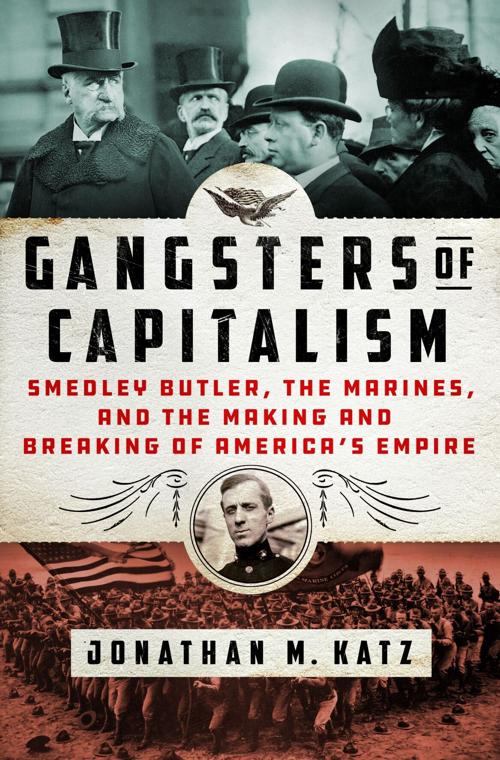
“Gangsters of Capitalism is not only a biography of Butler. The long-dead Marine also serves as Katz’s Virgil, leading him on a journey around the world and through the inferno of empire’s afterlife. Katz himself learned about Butler as a reporter for the Associated Press in Haiti. Based in the Haitian capital of Port-au-Prince during the earthquake in 2010, Katz reported on the disaster, which killed at least 100,000 people; he escaped from the house that served as the AP bureau not long before it collapsed. Haiti’s poverty—the starkest in the hemisphere—unquestionably compounded the natural disaster of the earthquake into a human tragedy. (Chile had a higher magnitude quake the same year, and the deaths numbered in the hundreds.)”
The Texas Electric Grid Failure Was a Warm-up
By the time you read this Texas may be in the middle of another failure of its electric grid. A severe winter storm is forecast for the state. When that happened last year, Senator Ted Cruz went to Cancun (briefly), while lots
of Texans shivered in the dark. It almost certainly will happen again.
“Nobody yet knew just how widespread the blackouts would become—that they would spread across almost the entire state, leave an unprecedented 11 million Texans freezing in the dark for as long as three days, and result in as many as seven hundred deaths. But neither could the governor, legislators, and regulators who are supposed to oversee the state’s electric grid claim to be surprised. They had been warned repeatedly, by experts and by previous calamities—including a major blackout in 2011—that the grid was uniquely vulnerable to cold weather.”
From Texas Monthly.
Dear Mr Joyce: an essay by Edna O’Brien
I celebrated the 100th anniversary of the publication of Ulysses by the great Irish writer James Joyce by taking down my copy and looking at it. I’ve never gotten far reading it. I’ll keep trying.
Meanwhile, enjoy this essay about Joyce, and maybe sip a cocktail in the old boy’s honor. I’m told his favorite (Michael Collins, too) was brandy and orange liqueur.
“In his youth [Joyce] was suspicious, contemptuous, unaccommodating. He saw his countrymen as being made up of yahoos, adulterous priests and sly deceitful women. He classed it as ‘the venereal condition of the Irish.’ Like the wild geese he had a mind to go elsewhere. He wanted to be continentalised. He liked the vineyards. He had a dream of Paris, and a craze for languages. In literature his heroes were Cardinal Newman and Henrik Ibsen.”
Enjoy. From The Guardian:
Be well. Be generous. All the best and thanks for reading.

